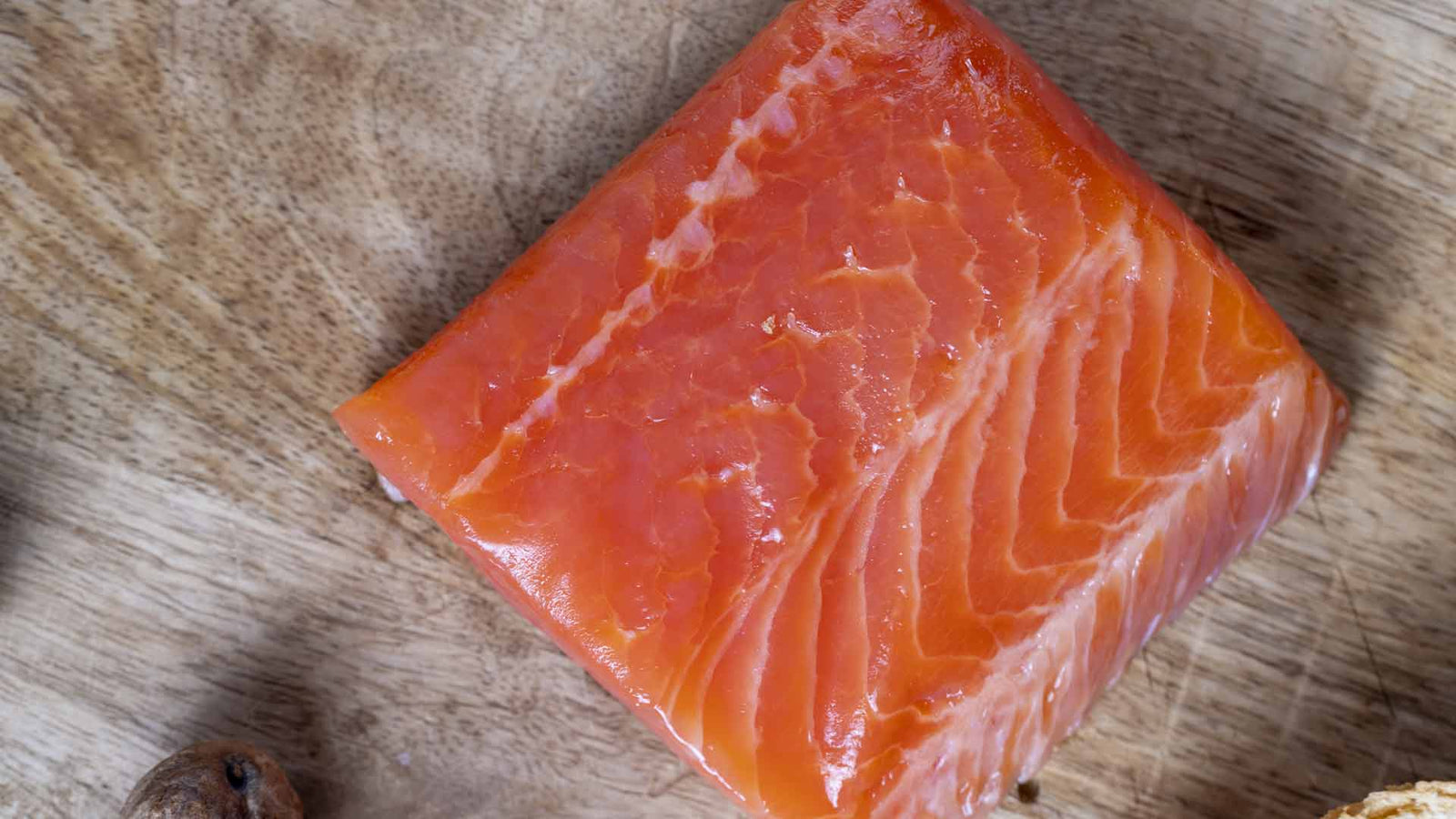
Healthy heart and immune-boosting
It is all-natural. There are none of the artificialities like:
- Un naturally added chemicals
- Artificial food coloring
- Preservative agents
- Pesticides and growth hormones
- Antibiotics or GMOs
The positive effects on your health for eating the wild Alaskan salmon.
Healthier heart.
Omega 3 fatty acids prevent blood clots. This is significant since most heart attacks are caused by blood clots forming in the blood arteries leading to the heart. They may help prevent sudden cardiac arrest, a leading cause of mortality in people with heart disease. They reduce very high levels of triglycerides, a form of fat in the blood that raises the risk of heart attacks when it is increased.
Consumption of omega-3-rich seafood (such as wild salmon) is linked to a lower risk of heart attack, stroke, cardiac arrhythmia, high blood pressure, and high triglycerides in the blood. Omega-3-rich fish consumption has also been linked to better metabolic indicators for cardiovascular disease.
A more healthy brain
The omega-3 fatty acid contained in salmon contributes to the well-documented cognitive benefits of salmon and omega-3 fish diet, as well as the decreased risk of certain brain-related disorders associated with omega-3 fish intake. Regular omega-3 fatty acid consumption has also been found to lower the risk of cognitive decline in the elderly.
Stronger joints
The body can convert EPA from fish like salmon into three types of closely similar molecules that serve to prevent undesired inflammation, according to research on fish intake and joint protection.
Sharp eyes
Omega 3 intake and omega 3 fish consumption have been linked to a lower incidence of two eye-related issues: macular degeneration and chronic dry eye. Two to six meals of salmon each week have been shown to help.
Fight the cancer
Consumption of omega-3-rich fish has also been linked to a lower risk of various cancers. Colorectal cancer, prostate cancer, and breast cancer are among these cancers. The blood cell or lymph cell-related malignancies, such as leukemia, multiple myeloma, and non-Hodgkins lymphoma, are among the greatest evidence for lowered cancer risk following frequent intake of omega 3 fish. Cancer risk studies, like cardiovascular studies, often indicate meaningful advantages when omega 3 fish is ingested at least once per week.
The ratio of omega 3 to omega 6 fat in the ordinary American diet has been consistently demonstrated to be lop-sided in the other direction, with at least 4-5 times as much omega 6 fat as omega 3 fat, and in some studies, up to 12-20 times more. Omega 6 fatty acids contain pro-inflammatory qualities, which can be advantageous in some situations; however, too many omega 6 fatty acids and not enough omega 3 fatty acids increase the risk of numerous disorders. Enhanced management of the body's inflammatory processes, greater general cell function, improved information transmission between the body's cells, and improved brain function are all benefits of increasing omega 3 consumption.
With roughly 2.7 grams of omega 3 per 100-gram piece, sockeye salmon has the highest level of omega 3 of any seafood. As a result, only one serving of Alaska Salmon per week can help cut cholesterol and heart disease risk.
Wild Alaskan Sockeye Salmon Nutrition Details
Nutrient % Daily Value for 4oz (113.4g) Salmon
vitamin D 127.8%
vitamin B12 94.5%
tryptophan 93.7%
selenium 61.5%
protein 53.1%
omega 3’s 52.5%
vitamin B3 45.1%
phosphorus 36.5%
vitamin B6 32%
choline 19.2%
potassium 14%
calories (157) 8%
Salmon also provides important amounts of:
- the antioxidant amino acid taurine
- heart-healthy vitamin B12
- anti-inflammatory omega-3 fatty acids
- immune-supportive selenium
- energy-producing phosphorus
- muscle-building protein
- heart-healthy niacin, vitamin B12, vitamin B6, and potassium
- bone-building vitamin D
References

